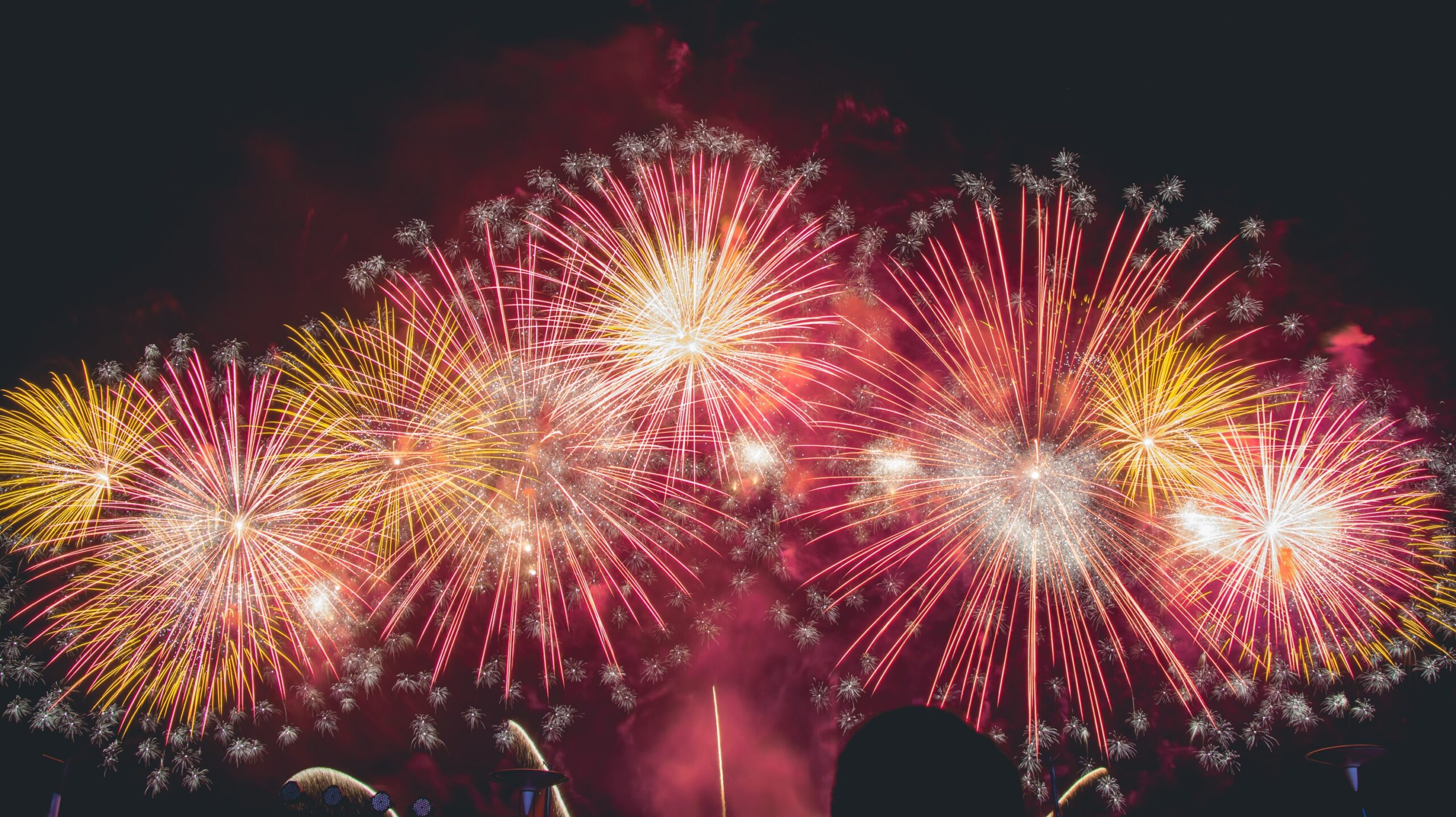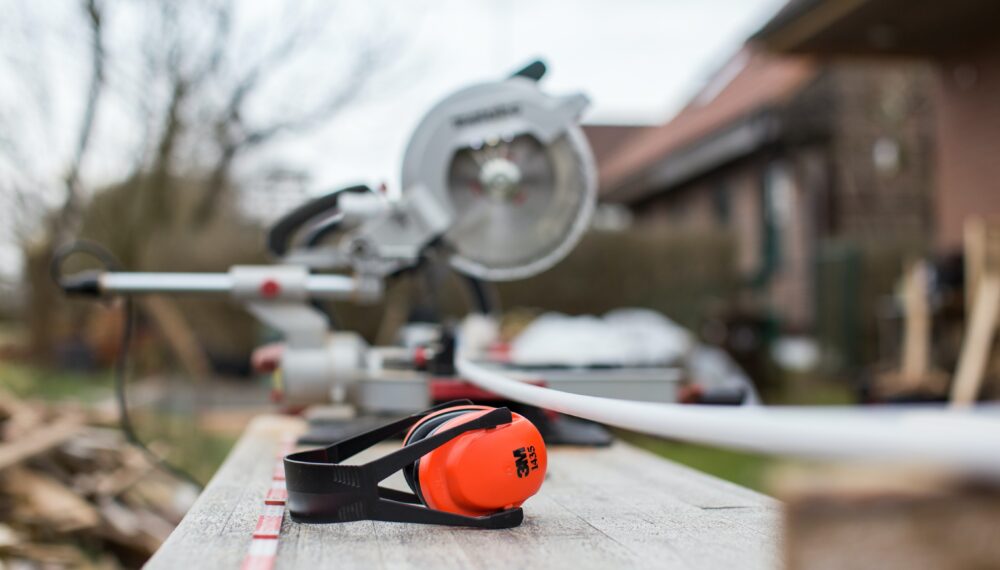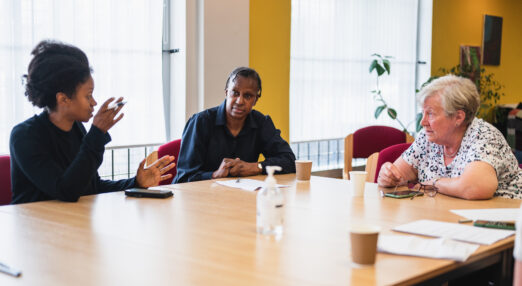Celebrating Chinese New Year? Then let’s protect your ears
The Chinese New Year happens this year on Sunday 22 January, and is the Year of the Rabbit. It’s one of the most important traditional festivals in China and fireworks play a big role in the celebrations.

The Chinese New Year happens this year on Sunday 22 January, and is the Year of the Rabbit.
It’s one of the most important traditional festivals in China and fireworks play a big role in the celebrations.
The Chinese believe that fire and noise scares away evil spirits and banishes bad luck.
Now, it’s common to light fireworks before New Year’s Eve dinner to invite the ancestors to celebrate with you, at midnight to chase away evil spirits, and on New Year’s Day morning before opening the door to symbolise good luck for the year.
And whilst fireworks can be great fun, they can also be a risk to your hearing .
How loud are fireworks?
Decibels (dB) measure how loud a sound is. You can see the loudness of different things here.
Experts agree hearing loss can occur at just 85dB. Fireworks in commercial displays are often over 150dB and sometimes as much as 175dB. The public cannot buy fireworks of louder than 120dB.
However, commercial fireworks can reach much higher into the sky than those used at home, so their sound can be weaker to observers on the ground. Fireworks sold to the public usually explode much closer to the ground and although they have a lower maximum decibel level, they can actually sound louder.
How to protect your hearing around fireworks
- Stay as far back as possible. As the sound intensity to which you are exposed varies according to how far away you are, it makes sense to stand as far back from a firework as you can.
- Keep children back. The World Health Organization recommends that children should be exposed to no more than 120dB, which may be difficult to achieve in a small garden, and so hearing protection is strongly recommended. Very small children are highly sensitive to the physical effects of sound pressure so again, over-ear hearing protection should be used, or consider not letting off loud fireworks.
- Cover your ears. The length of time you are exposed to loud noise also matters. The safe limit is regarded as 85dB for no more than 8 hours. The safe exposure time is cut in half for each three decibel increase over 85dB. At 120dB, the safe exposure limit is less than 10 seconds, so setting off a few fireworks over the course of an evening in your garden could indeed cause hearing damage or trigger tinnitus. Hearing protection will reduce your exposure to loud noise, and still enable you to have a fun and exciting firework display.

-

Tinnitus Conference 2024
Our annual tinnitus conference will take place online from 23 - 27 September 2024.
Read more
-

New regional support groups
New support groups are launching in Telford, Banbury and Coalville.
Read more
-

The effectiveness and cost-effectiveness of hearing aids for people with tinnitus.
Tinnitus UK are co-applicants with a team from NIHR Nottingham who are planning to examine the effectiveness and cost-effectiveness of hearing aids for people with tinnitus via a large scale randomised controlled trial.
Read more
